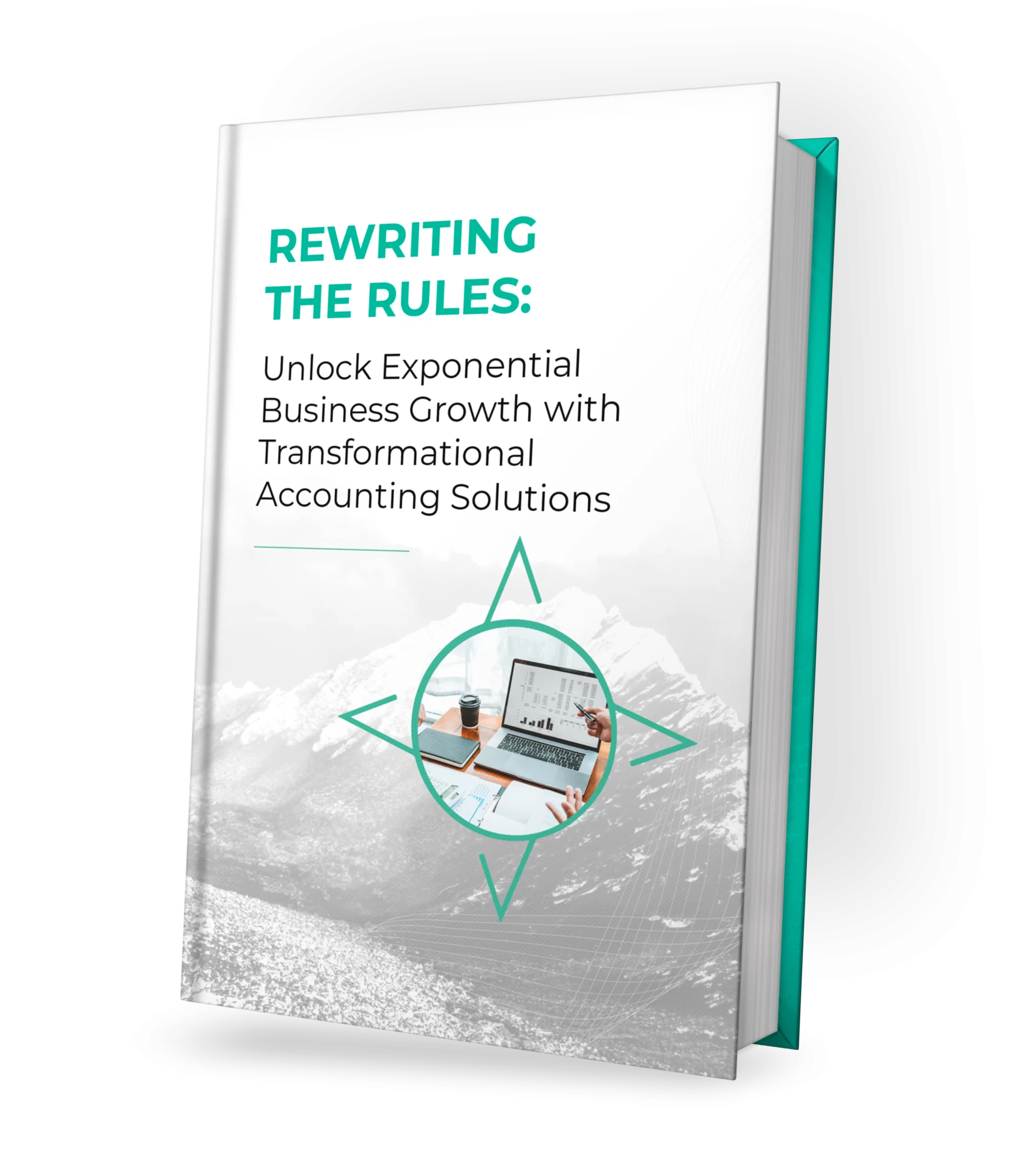Cash vs. Accrual Accounting – Which Fits Your Startup Strategy?
New businesses need to decide early on whether to use cash accounting or accrual accounting. The choice has important implications for their financial reporting future. Here’s the basics you need to know.
What is Cash Accounting?
Cash accounting records income when it’s received by a business and expenses when they are paid. So if a business buys something and receives a vendor bill in January but does not pay until June, expenses only get recorded once money goes out the door, and revenues only once the money is in hand. Cash accounting tracks the amount of money a business actually has in the bank at any given time.
Using cash accounting makes tracking cash flow simple for a small business. But it can misrepresent financial health if, for instance, the cash on hand falls short of future debts and revenue projections, making the company seem more financially secure than it really is.
What is Accrual Accounting?
Accrual accounting records payments and expenses as they are incurred. After a big sale, for example, the resulting revenue gets recorded now instead of waiting until the payments start to arrive. Similarly, expenses appear immediately on the financial record regardless of when the bills are due.
A benefit of accrual accounting is the ability to understand profitability since the books reflect all receivables and payables including those incurred later. For that same reason, though, it gets harder to track cash flow and avoid an unexpected financial crunch.
Choosing Between Cash vs. Accrual Accounting
Many small businesses prefer the simplicity of cash accounting, whereas any business that’s publicly traded or has sales of $25+ million must use the accrual method for US tax reporting. Additionally, some small businesses must report income under the accrual method if they meet the definition of a tax shelter.
In reality, all but the smallest businesses will want to use accrual accounting from their formation onward for management reporting. Accrual provides a holistic picture of financial performance, which an ambitious business needs to claim a place in the market and execute a successful growth strategy. Businesses that reach the point where they must use accrual accounting tend to be using it already, which says everything about it’s utility for startups.
Tip: Companies can report under cash method for tax while maintaining accrual method books for management reporting
Though it seems obvious to choose accrual accounting, several obstacles stand in the way. First, accrual accounting takes more time, input, and expertise from the accounting team to get right. Plus, they have to track cash flow separately. For young companies with a small, one-person, or non-existent accounting team, it can be harder to get started with accrual accounting and easier to commit major accounting blunders along the way.
That doesn’t make cash accounting the better option. Rather, it underlines the need to plan and prepare accounting when a business is first born.
Tip: A company reporting under the cash method can convert to accrual at anytime but historical financials often remain on cash basis and prior period comparisons become less helpful.
Proseer – Startup Accounting Done Right
Get insight, expertise, and guidance to help your startup put optimal accounting practices in place sooner rather than later. Contact Proseer to achieve financial excellence ahead of schedule.

